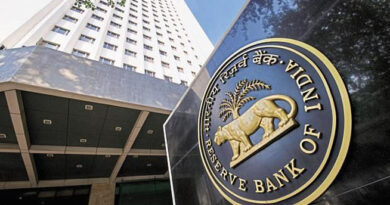New RBI guidelines on urban cooperative banks
In light of the BR Amendment Act of 2020, the new fundraising norm was proposed and public comments on the draft were invited by RBI last year in 2021. The 2020 amendment substituted Section 12 to provide for the issue and regulation of securities by cooperative banks.
The 2022 notification specifies that UCBs can raise capital through three broad methods, viz:- issuance of equity shares, preference shares, and debt instruments.
First, UCBs can raise funds by issue of equity to enrolled members within the area of operation or through additional equity shares to existing members.
Second, UCBs can augment Tier – I & Tier – II capital by issuing Perpetual Cumulative & Non-Cumulative Preference Shares, and, Redeemable Cumulative & Non-Cumulative Preference Shares.
Third, UCBs can issue Perpetual Debt Instruments (PDIs) for Tier – I Capital and Long Term Subordinated Bonds as Tier – II Capital. It can be issued to institutional investors also, with the consent of the depositors.
It may be pertinent to understand that Tier – I Capital is the primary funding source of the bank. It entails shareholder equity and retained earnings disclosed in their financial statements. On the other hand, Tier – II Capital or supplementary capital includes undisclosed funds, revaluation reserves, hybrid capital instruments, junior debt securities, general loan-loss, uncollected reserves, etc.
The notification specifies that such fundraising capital instruments can be issued by the UCBs with the prior approval of RBI. UCBs must seek permission via application to the regional office of RBI. The application shall be accompanied by an offer document, prospectus, information memorandum, a compliance certificate from a Chartered Accountant, and relevant disclosures.




